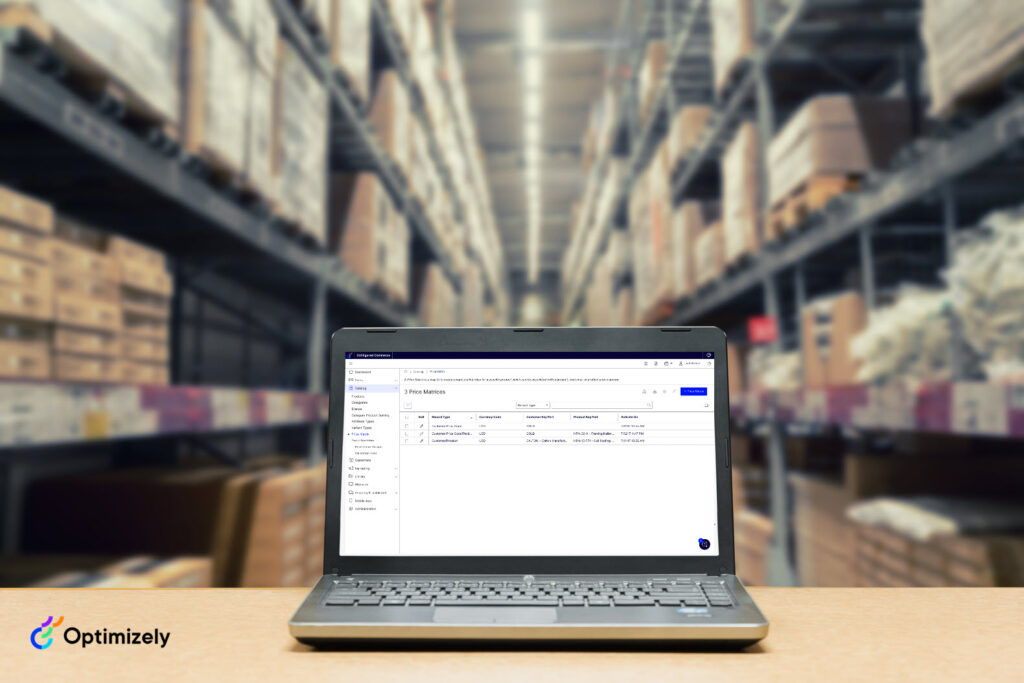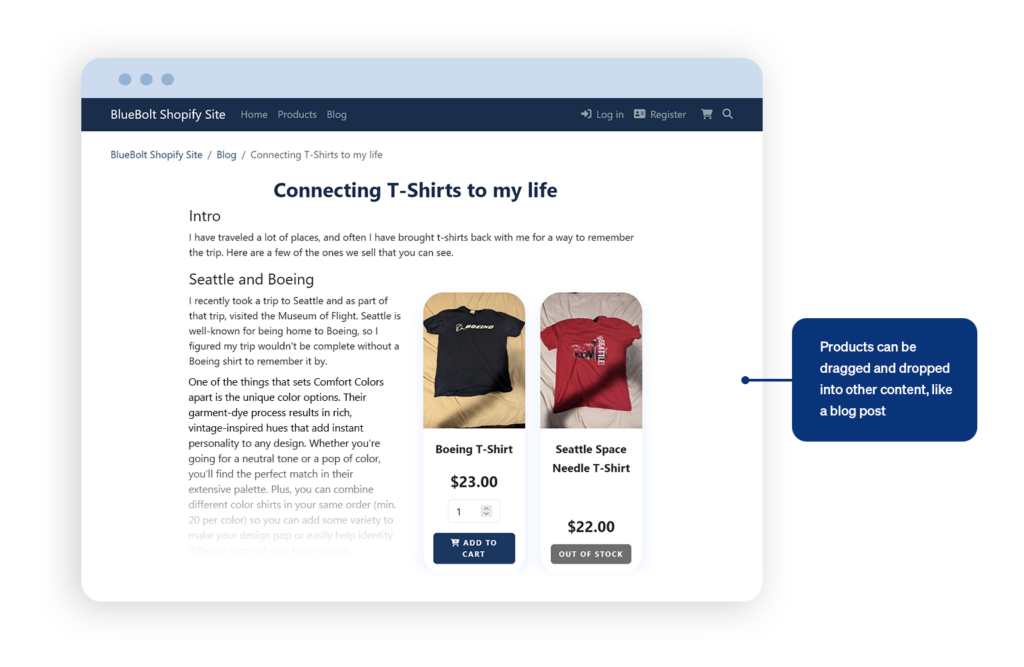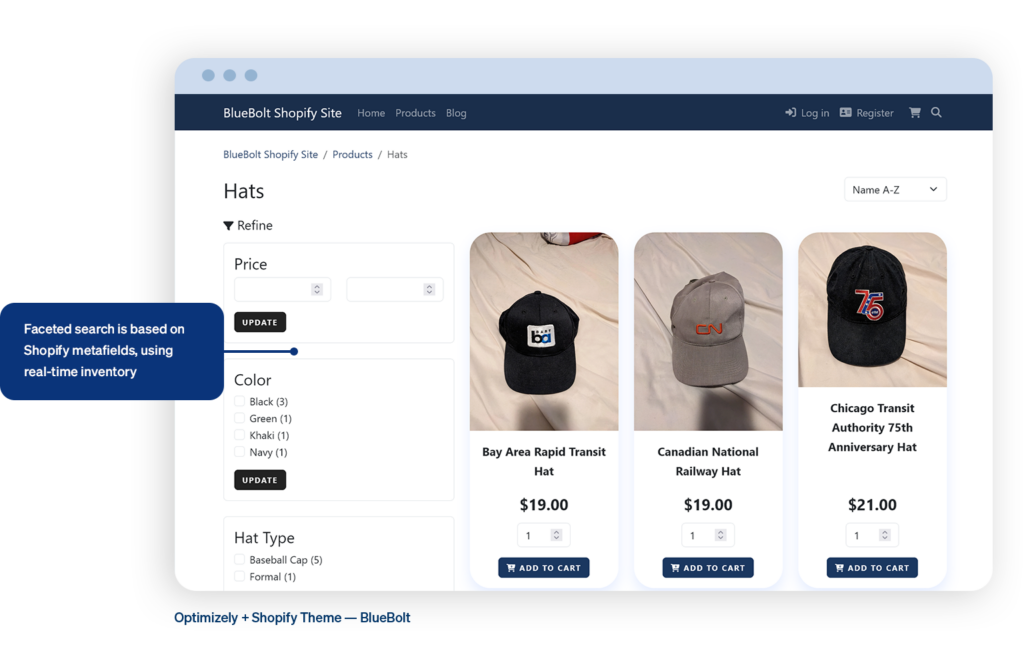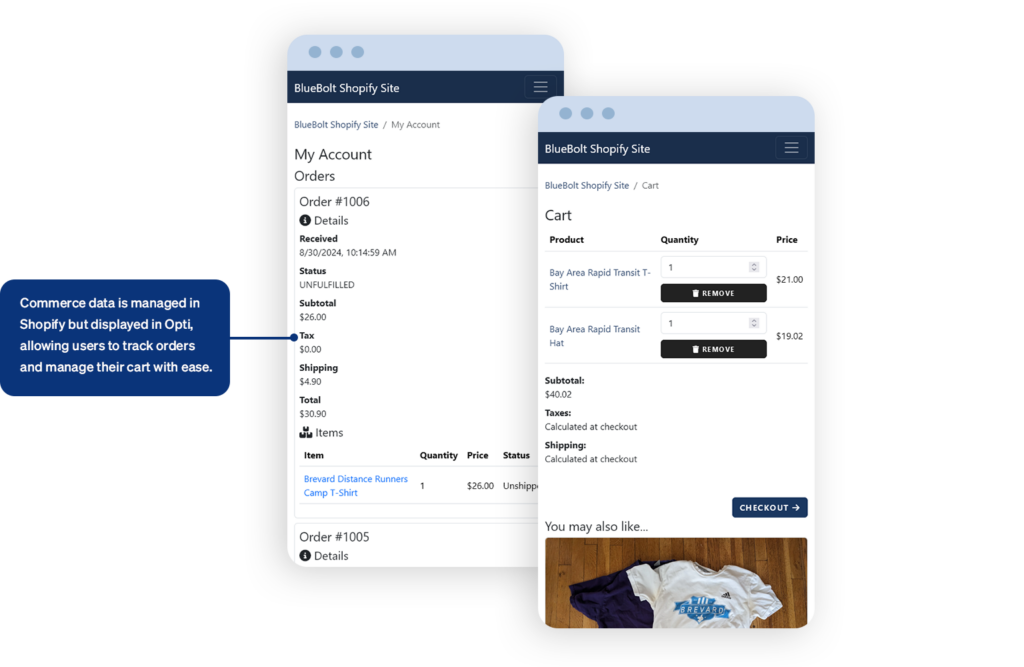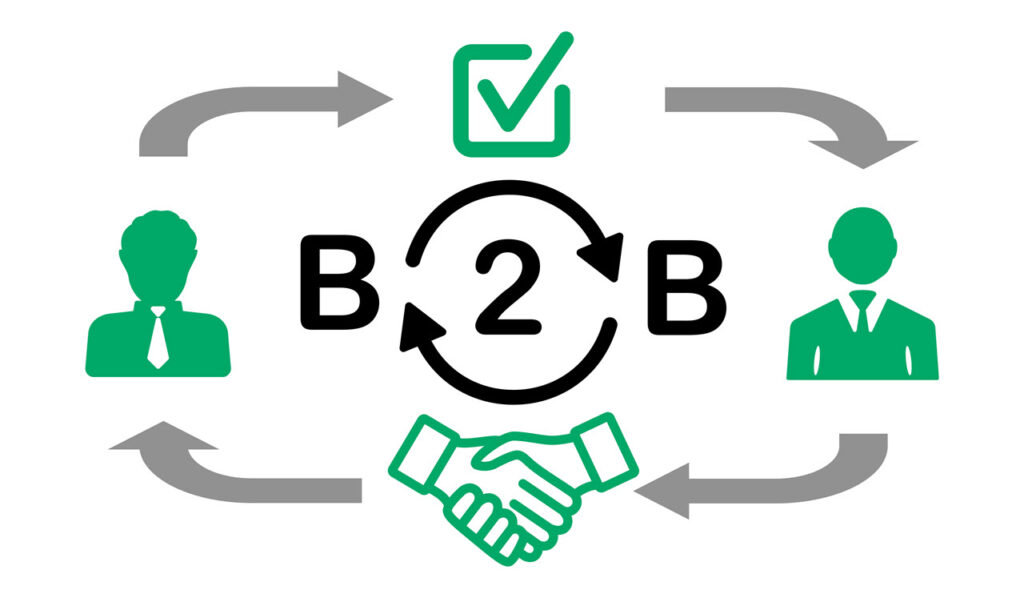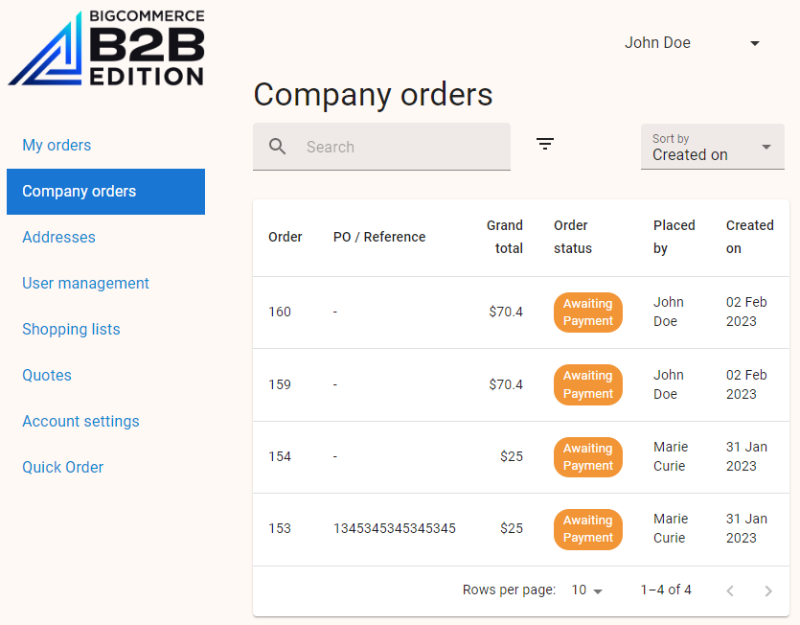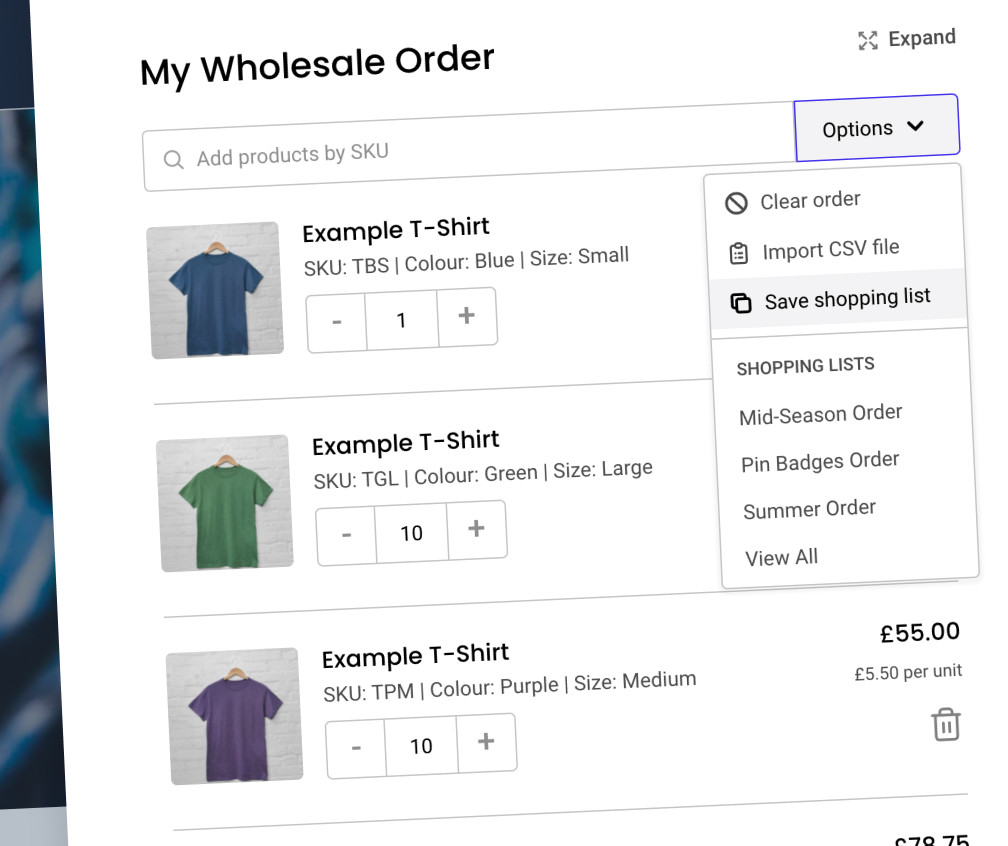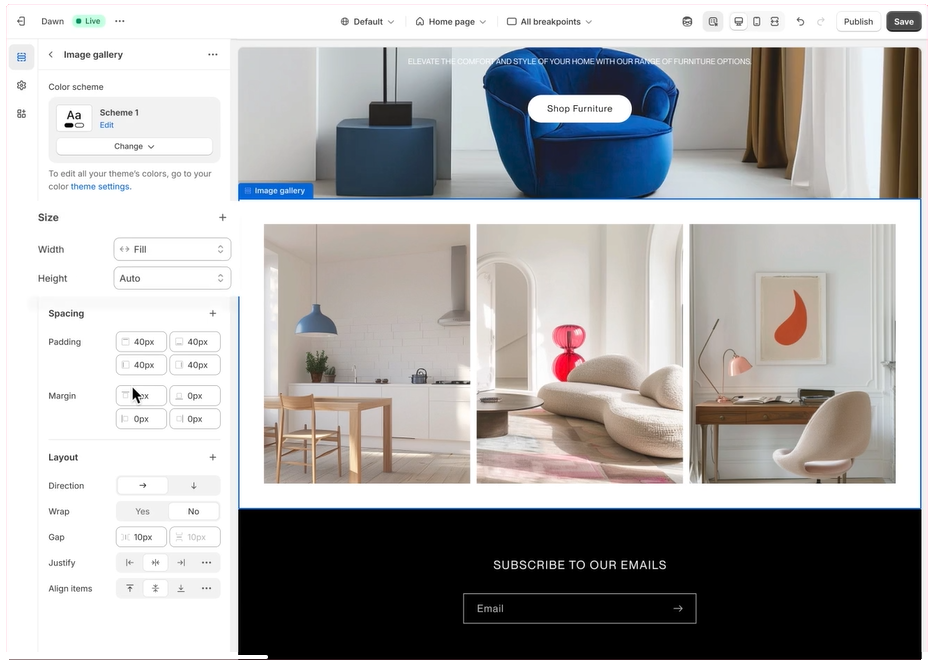I n the fast-evolving world of eCommerce, customer expectations are rising—and businesses are turning to artificial intelligence (AI) agents to keep up.
These digital powerhouses do more than just answer FAQs; they create seamless, personalized experiences that help brands scale and shoppers buy with confidence. From product recommendations to intelligent chat support, AI agents are redefining how online retailers engage, convert, and retain customers in an increasingly competitive landscape.
What are AI Agents and Why are They Important to eCommerce
A primary benefit of AI agents lies in automation. AI can handle repetitive tasks—such as responding to FAQs, recommending relevant products, and processing orders—freeing up customer service teams to focus on more complex issues. This improves response times, reduces errors, and creates a more streamlined customer experience.
AI agents also play a critical role in customer engagement. They make shopping more interactive by guiding users through purchasing decisions, providing instant assistance, and personalizing each interaction. With AI-driven support, customers receive timely and relevant recommendations, keeping them engaged and reducing friction in the shopping journey.
For eCommerce businesses aiming to scale, AI agents are invaluable. They enable efficient, round-the-clock support and deliver a personalized shopping experience that encourages conversions and customer loyalty. Whether through chatbots, product configurators, or recommendation engines, AI agents are reshaping the future of customer service and sales in online retail.
The UX Benefits of Using AI in Product Configurators
As eCommerce continues to evolve, customer expectations for smooth, intuitive shopping experiences are higher than ever. AI-driven product configurators play a key role in meeting these expectations by providing personalized, real-time guidance and making the decision-making process simpler for users.
One of the biggest advantages of AI product configurators is their ability to offer tailored suggestions. Instead of customers manually sorting through endless options, AI dynamically adjusts product recommendations based on their preferences. For example, when shopping for custom-built electronics or personalized home goods, AI can present relevant choices in response to user input, ensuring customers feel supported in their journey.
AI also enhances user experience by enabling real-time interaction. When customers make adjustments to their selections, such as changing size, color, or features, AI responds instantly, updating the available options. This immediate feedback reduces friction and keeps users engaged, helping to maintain momentum in the shopping process.
Finally, AI product configurators simplify complex purchasing decisions. By breaking down intricate customization steps into manageable, guided choices, AI makes even the most detailed configurations feel straightforward. This combination of real-time feedback, personalization, and simplification creates a seamless user experience that meets the modern shopper’s demand for convenience.

How AI-Driven Product Configurators Increase Conversion Rates
One of the biggest challenges in eCommerce is keeping customers engaged and guiding them smoothly toward completing their purchases. AI-driven product configurators are powerful tools for increasing conversion rates by offering personalized experiences, reducing decision fatigue, and improving the overall shopping process.
AI configurators work by providing personalized product recommendations in real-time, helping customers find exactly what they need without overwhelming them with too many options. This level of customization makes the shopping experience more relevant and enjoyable, encouraging customers to move forward in the purchase process. For example, when browsing for a custom pair of shoes, an AI configurator can narrow down choices based on preferred size, style, and color—ensuring customers see only the products that fit their preferences.
Another way AI product configurators boost conversion rates is by reducing decision fatigue. When customers face too many choices or complex configurations, they often abandon their carts. AI eliminates this frustration by breaking down decisions into manageable steps, offering clear guidance along the way. Instead of feeling overwhelmed, customers feel confident in their choices, leading to a higher likelihood of completing the transaction.
Lastly, AI-driven product configurators enhance the overall shopping experience by speeding up the decision-making process. By automatically presenting the most relevant options, AI helps customers find what they’re looking for faster. This reduces friction, keeps customers engaged, and significantly lowers the risk of cart abandonment—key factors in improving conversion rates.
Related Data Sources
Customized Product Offerings Drive Conversions: A report from Deloitte highlighted that 36% of consumers express interest in purchasing personalized products, and 1 in 5 consumers who wanted personalization would be willing to pay a 20% premium . AI product configurators play a key role in offering personalized product variations, helping customers make confident purchase decisions and leading to higher conversion rates.
Conversational Commerce Boosts Engagement: According to a study by Capgemini, 70% of consumers who used conversational commerce (such as chatbots and voice assistants) reported high levels of satisfaction, and 40% of these consumers went on to make a purchase as a result of their interaction with an AI assistant . Product configurators using conversational AI fall under this umbrella, as they help guide the user to configure a product based on specific needs.
https://www.capgemini.com/us-en/resource/conversational-commerce-dti-report/
Product Configuration Reduces Abandonment: Research by Statista found that the average cart abandonment rate in eCommerce is 69.57%, but streamlined, interactive experiences like those provided by AI configurators help reduce this number. Customers who are able to easily customize and visualize products are more likely to complete their purchase instead of abandoning their cart.
The Platform-Agnostic Benefits of AI in eCommerce
Platform Flexibility and Easy Integration
One of AI’s major advantages is its platform-agnostic nature, meaning it can integrate seamlessly with different eCommerce systems—whether on Shopify, WooCommerce, or custom-built sites. This flexibility allows businesses to adopt AI tools without needing major technical overhauls, making it easier to start offering personalized experiences.
Benefits Across Multiple Industries
From fashion and electronics to home goods, AI product configurators provide industry-specific benefits. For example, fashion retailers can offer custom fit recommendations, while electronics stores can help customers configure products with specific technical features. This level of customization boosts customer satisfaction by helping them find exactly what they need.

Long-Term Business Value
AI configurators contribute to scalability and reduce human errors by automating tasks. As businesses grow, AI tools help streamline operations, ensuring consistent service quality and reducing bottlenecks. This operational efficiency not only saves time but also helps maintain customer loyalty by offering a smooth, reliable shopping experience.
AI-driven product configurators enhance eCommerce by providing seamless integration, industry-specific advantages, and long-term scalability. Businesses adopting AI see stronger customer relationships and improved operational performance across any platform they choose.
Preparing Your Business for AI-Driven Product Configuration
Data Collection and Organization
To power AI effectively, start by collecting and organizing high-quality product data. This includes details on product options, customer preferences, and historical sales data. Clean, structured data enables the AI to provide accurate recommendations and configurations, making the shopping experience more relevant and personalized for customers.
Selecting the Right AI Tools
Choose AI tools that fit your business needs and platform. Look for configurators compatible with your eCommerce system, whether Shopify, WooCommerce, or custom setups. Many AI solutions offer different levels of customization, so evaluate which features—such as dynamic pricing, real-time recommendations, or custom sizing—align best with your business goals.
Optimizing Infrastructure for AI
AI configurators require a robust infrastructure to operate efficiently. Assess your website’s load times, server capacity, and data processing speed to ensure it can handle real-time customer interactions. Investing in a scalable, cloud-based infrastructure will help your business manage increased demand as AI-driven configurators boost engagement and traffic.
Preparing for AI-driven product configuration involves strategic data management, tool selection, and infrastructure planning. With these foundations, businesses can successfully integrate AI, creating personalized shopping experiences that engage customers and drive growth.
Conclusion
AI agents are no longer a futuristic luxury—they’re essential tools for modern eCommerce success. By automating tasks, simplifying complex purchasing decisions, and delivering highly personalized experiences, AI-driven solutions like product configurators boost engagement, reduce cart abandonment, and increase conversions. Whether you’re selling sneakers or smart home devices, integrating AI across platforms positions your business to grow, scale, and thrive in a customer-first digital economy.












